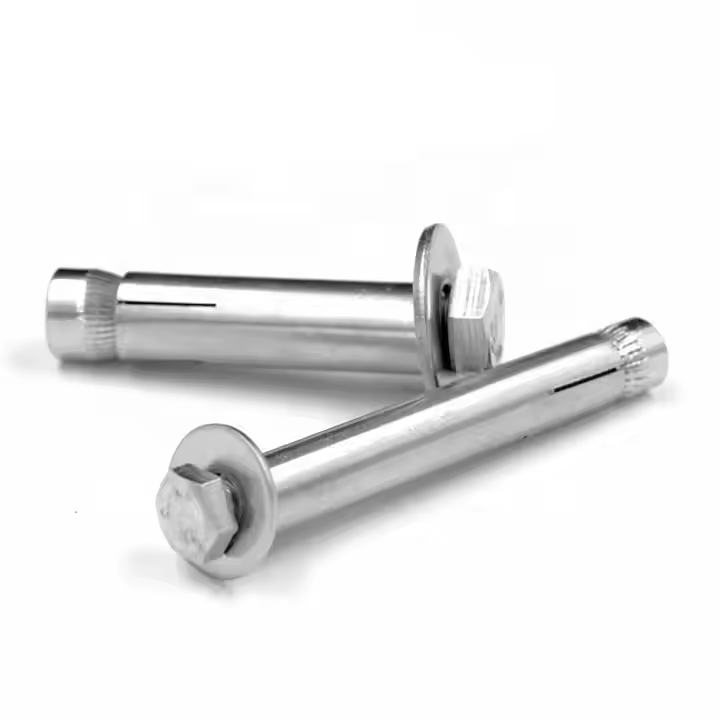

2025-04-21
This guide explores the diverse world of nuts, covering their nutritional benefits, culinary applications, and potential health impacts. We delve into various nut types, highlighting their unique properties and providing practical tips for incorporating them into a healthy diet.

Tree nuts, grown on trees, constitute a significant portion of the nut market. Popular examples include almonds, walnuts, pecans, cashews, hazelnuts (filberts), pistachios, macadamia nuts, and Brazil nuts. Each offers a unique flavor profile and nutritional composition. For instance, almonds are known for their high vitamin E content, while walnuts are rich in omega-3 fatty acids. The versatility of tree nuts makes them ideal for snacking, baking, or adding to savory dishes. Remember to always check for potential allergies before consuming any nuts.
Despite their common name, peanuts are technically legumes, not tree nuts. However, they share many similarities with tree nuts in terms of nutritional value and culinary uses. Peanuts are a significant source of protein, healthy fats, and fiber. They’re commonly enjoyed as snacks, used in peanut butter, and incorporated into various dishes worldwide. Peanut allergies are prevalent, so caution is advised. You can find a vast array of peanut products, from roasted peanuts to peanut flour, offering diverse culinary opportunities.
Nuts are nutritional powerhouses, offering a range of health benefits. They are excellent sources of:
Numerous studies suggest that regular nut consumption can contribute to reduced risks of heart disease, type 2 diabetes, and certain cancers. However, moderation is key due to their calorie density.
There are countless ways to enjoy nuts. They can be eaten as a standalone snack, added to cereals, yogurt, salads, or baked goods. Nut butters, such as almond butter and peanut butter, are versatile additions to sandwiches, smoothies, and dips. Nut flours, like almond flour and hazelnut flour, provide gluten-free alternatives in baking. Explore different nut varieties to discover your favorites and create unique and delicious meals and snacks.
While nuts offer significant health benefits, it’s important to be aware of potential concerns. Nut allergies are a serious issue, and those with allergies should strictly avoid nuts. The high calorie and fat content of nuts also means that moderation is essential to avoid weight gain. Additionally, some individuals may experience digestive discomfort when consuming large quantities of nuts. Always consult with a healthcare professional or registered dietitian if you have any concerns about incorporating nuts into your diet, particularly if you have pre-existing health conditions.

When selecting nuts, look for those that are fresh, dry, and free from any signs of spoilage. Proper storage is crucial to maintain their quality and prevent rancidity. Store nuts in airtight containers in a cool, dark, and dry place. Refrigeration or freezing can extend their shelf life.
| Nut Type | Storage Recommendation |
|---|---|
| Almonds | Airtight container in a cool, dark place; refrigerate or freeze for longer storage. |
| Walnuts | Airtight container in a cool, dark place; refrigerate or freeze for longer storage. |
| Peanuts | Airtight container in a cool, dark place; refrigerate or freeze for longer storage. |
For further information on the benefits of incorporating nuts into a healthy diet, you may find valuable resources at the FDA website and other reputable health organizations. If you’re looking for high-quality nuts and other imported goods, consider exploring the options available at Hebei Muyi Import & Export Trading Co., Ltd.
Please enter your email address and we will reply to your email.